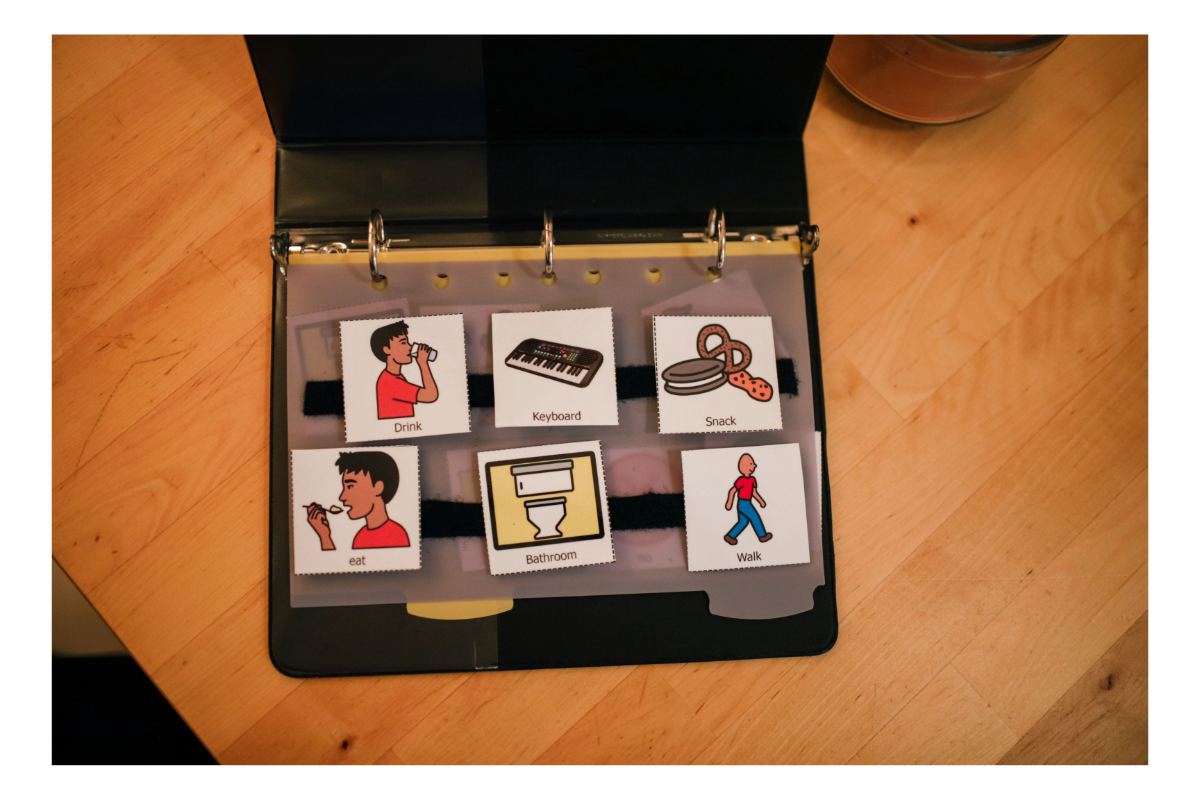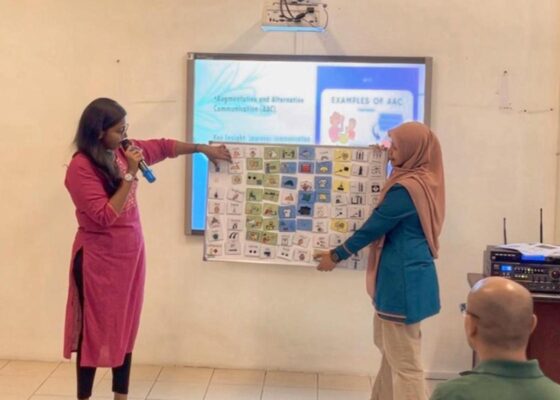6 Ways to Boost Communication Skills in Non-Verbal Students
These methods can empower students to express themselves effectively.
Effective communication is crucial for all students, especially those who are non-verbal.
While verbal communication may not be possible for some students, there are numerous ways to help them express themselves and connect with others. Here are six strategies to enhance communication skills:
1. Introduce AAC Tools
Augmentative and Alternative Communication (AAC) devices like picture exchange systems or speech-generating apps provide students with alternative methods to express their needs and emotions. These tools can significantly reduce frustration and encourage participation.
2. Simplify Language
Speak in short, clear sentences to ensure instructions are easy to understand. Avoid overly complex phrases and emphasise keywords to make communication more accessible.
3. Use Visual Supports
Combine verbal cues with visual aids, such as gestures, flashcards, or photos. For example, pointing to a picture of a cup while saying “water” helps students associate words with objects. Visual aids bridge the gap between understanding and expression.
4. Engage in Interactive Play
Interactive games, such as turn-taking or role-playing activities, encourage students to practice non-verbal cues like gestures, facial expressions, and pointing. These activities build essential communication skills while keeping students engaged.

5. Celebrate Small Wins
Every attempt to communicate, whether through gestures, sounds, or AAC tools, should be acknowledged and praised. Positive reinforcement boosts confidence and motivates students to keep improving.
6. Involve Peers
Encourage peer involvement by pairing non-verbal students with supportive classmates. Peer modelling helps non-verbal students learn social cues and fosters meaningful friendships.
Educators and parents can help non-verbal students develop essential communication skills by implementing these techniques.
Over time, these methods can empower students to express themselves more effectively, fostering their independence and self-confidence.


